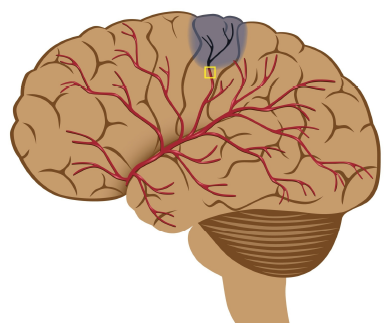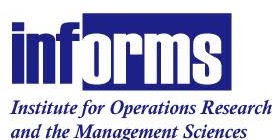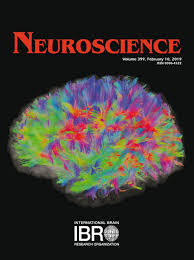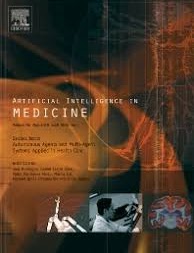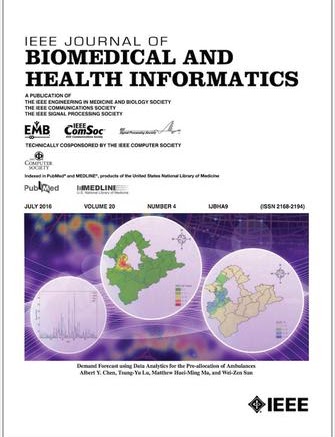About
Professional Positions:
Education:
Research
My work involves developing interpretable data driven methods to understand the underlying principles of brain function and dysfunction. I'm specially interested in applications of data driven methods for diagnosis and prognosis of neurological disorders. Here are some examples: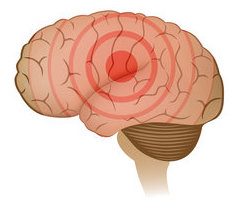
Epilepsy
I developed a real-time seizure onset detection method by using a statistical procedure to detect changes in the signal variation pattern and checking the persistent of these changes for a certain amount of time. The key contribution here was a new adaptive distance-based change point detector that doesn't need a large dataset for training.
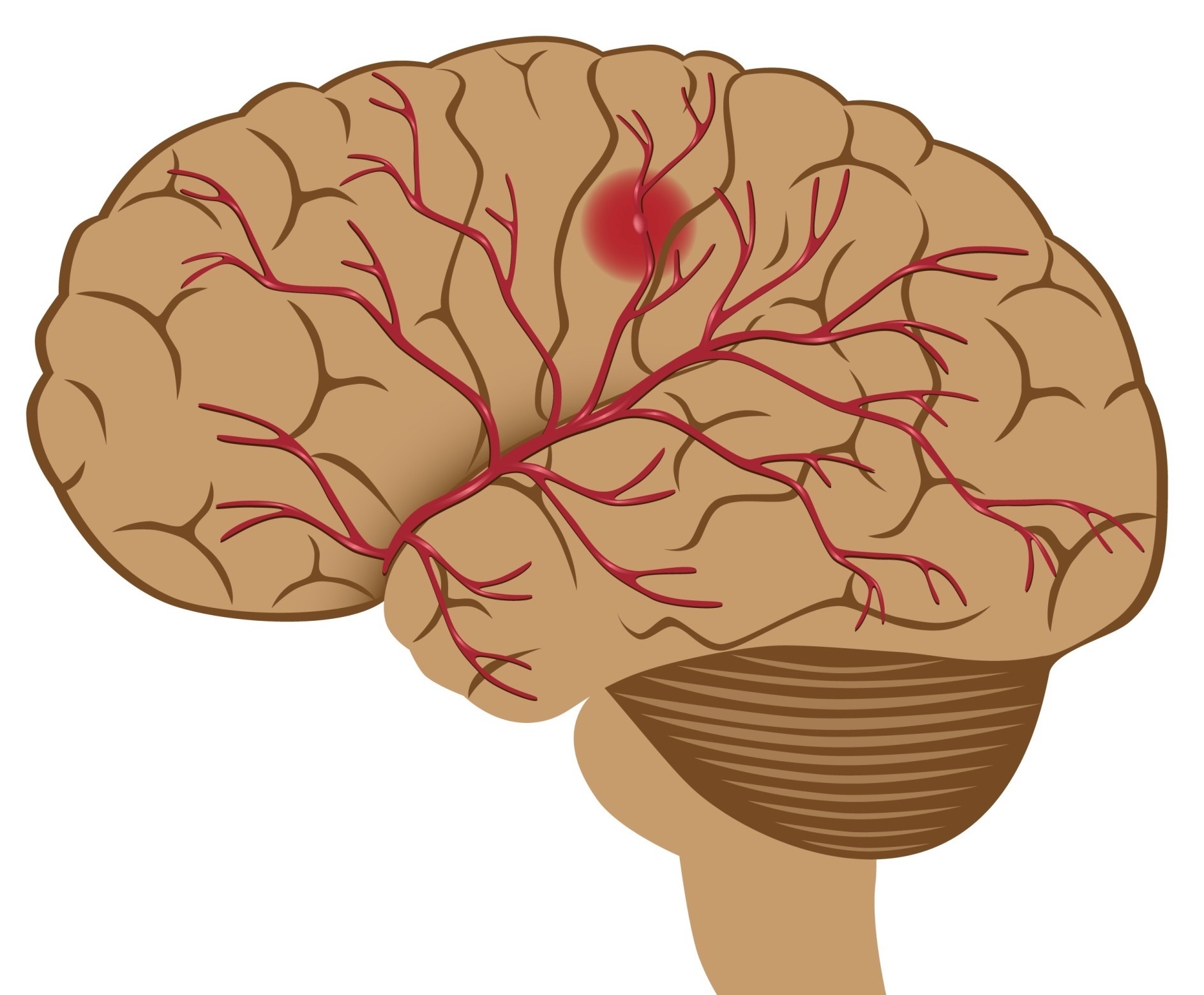
Brain Aneurysm
I developed an interpretable clinical decision support system that can predict the rupture of brain aneurysm using the characteristics of the dilated blood vessels. The key contribution here was a new algorithm to convert the continuous dataset into a discrete form which is necessary for generating if-then rules for the clinical decision support system.
* For list of publications please refer to my Google Scholar Profile.
Teaching
@OU
This course will focus on mathematical formulation of discrete optimization problems and computational methods to solve them. Topics to include are: Linear programming: simplex method for LP problems, degeneracy and anticycling strategies, duality theory and complementary slackness conditions, revised simplex method, sensitivity analysis and simplex method for general LP problems. Network optimization: the transshipment problem, network simplex method, shortest path algorithms, the maximum flow problem, and the primal dual method.
@WashU
This course provides an introduction to mathematical concepts that are most likely to be encountered by students in their engineering careers. The concepts include Laplace transforms, matrix algebra, vector analysis, eigenvalues and eigenvectors, vector differential calculus and vector integral calculus in three dimensions.
@BU
This course provides an introduction to probability models and statistical methods most likely to be encountered and used by students in their careers in engineering and the natural sciences. This introduction will emphasize, from the outset, that variation is the source from which all statistical methodology flows. Discussion includes the practical aspects of data collection and descriptive statistics with an introduction to the basic concepts of probability theory and probability distributions, correlation, point estimation, confidence intervals, and test of hypothesis.
This course is an introductory undergraduate course in information systems analysis and design. The course will familiarize students with core concepts of systems analysis and design such as System Development Life Cycle (SDLC), feasibility study, requirements modeling, data flow diagrams (DFD), entity-relationship model (ERM), and etc. The course is designed to combine theory and practice of systems analysis and design.
This course is a graduate-level introduction to information system analysis and design. The course will cover three main system development methods of System Development Life Cycle (SDLC), the Agile approach, and object oriented system analysis and design. The course will put a lot of emphasize on applying systems analysis and design techniques using open source software.
* Click on the title to see the course description.





